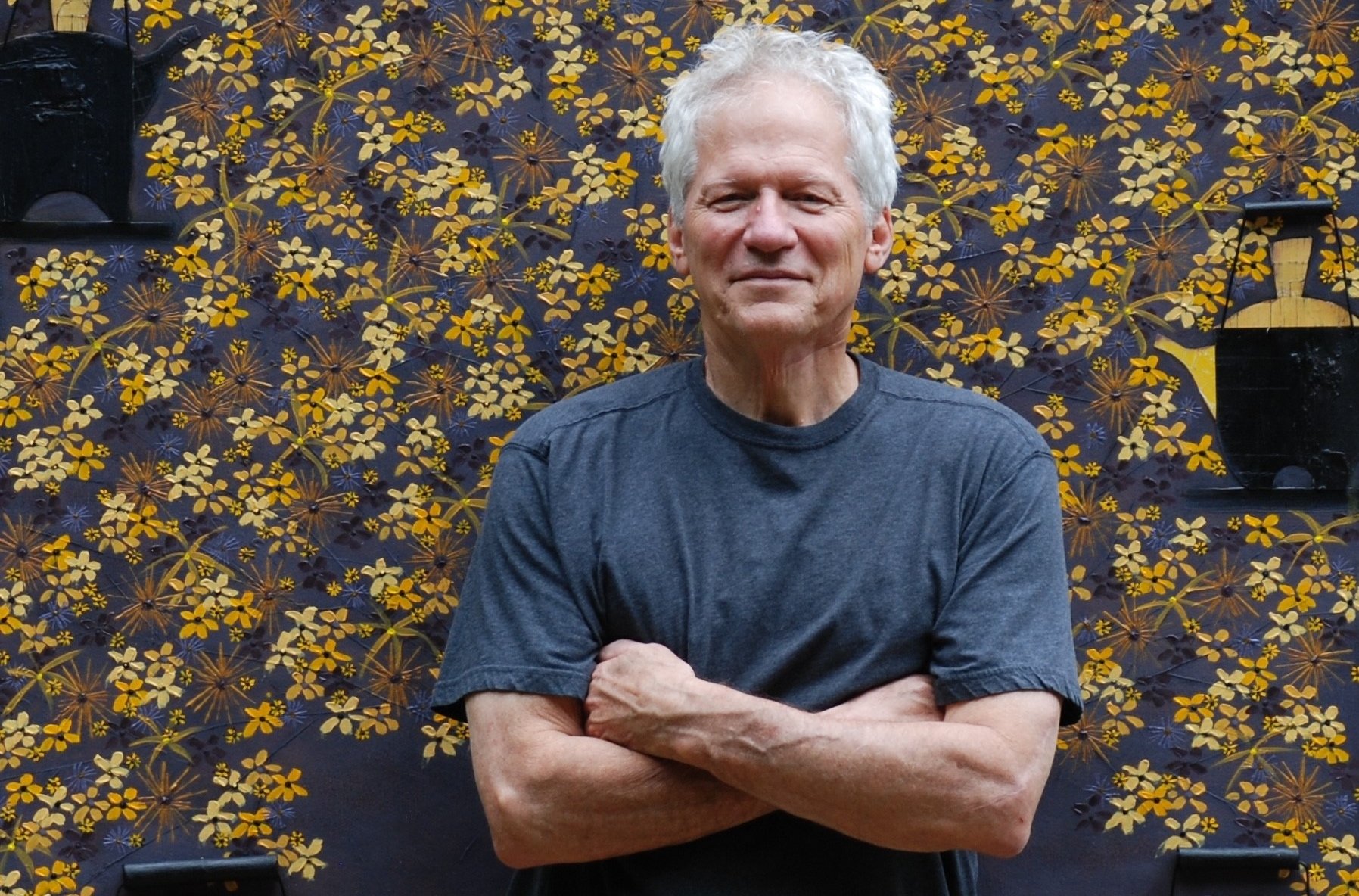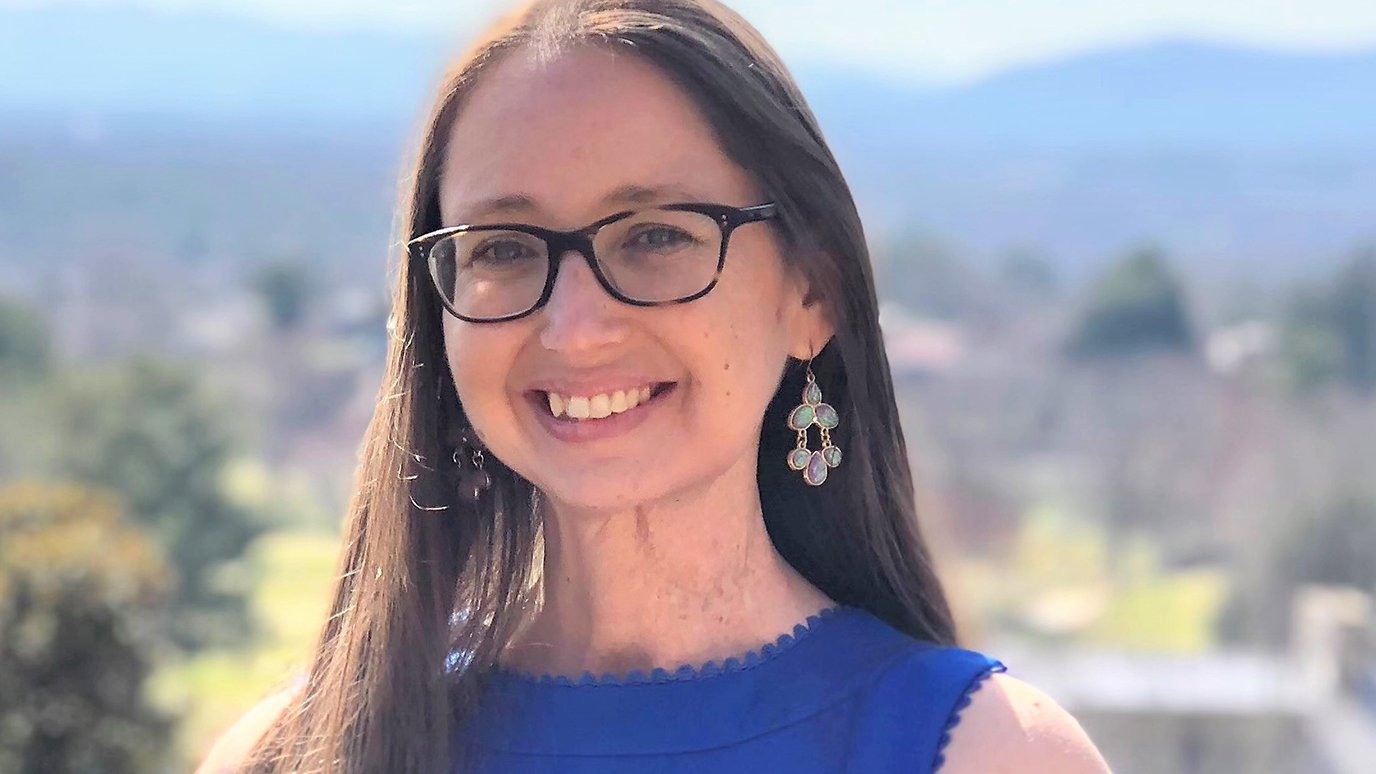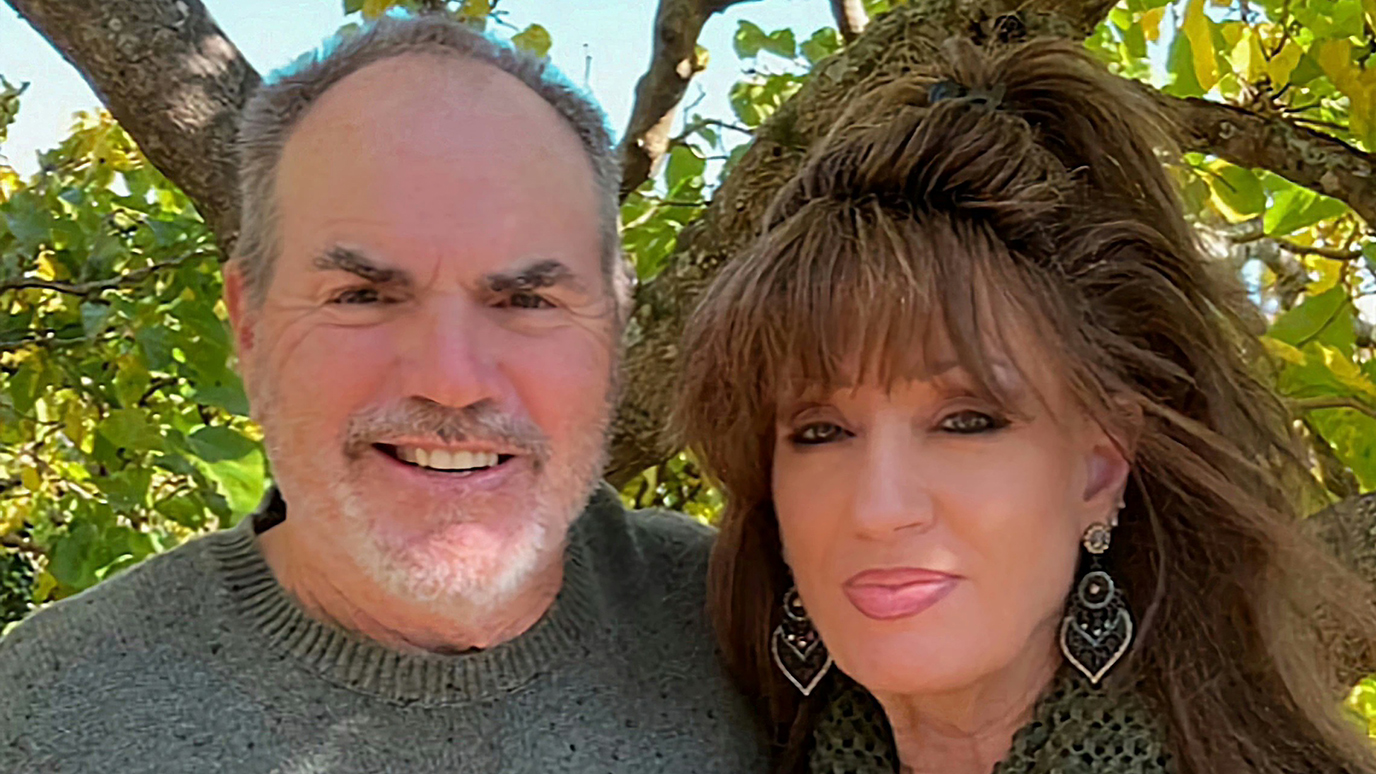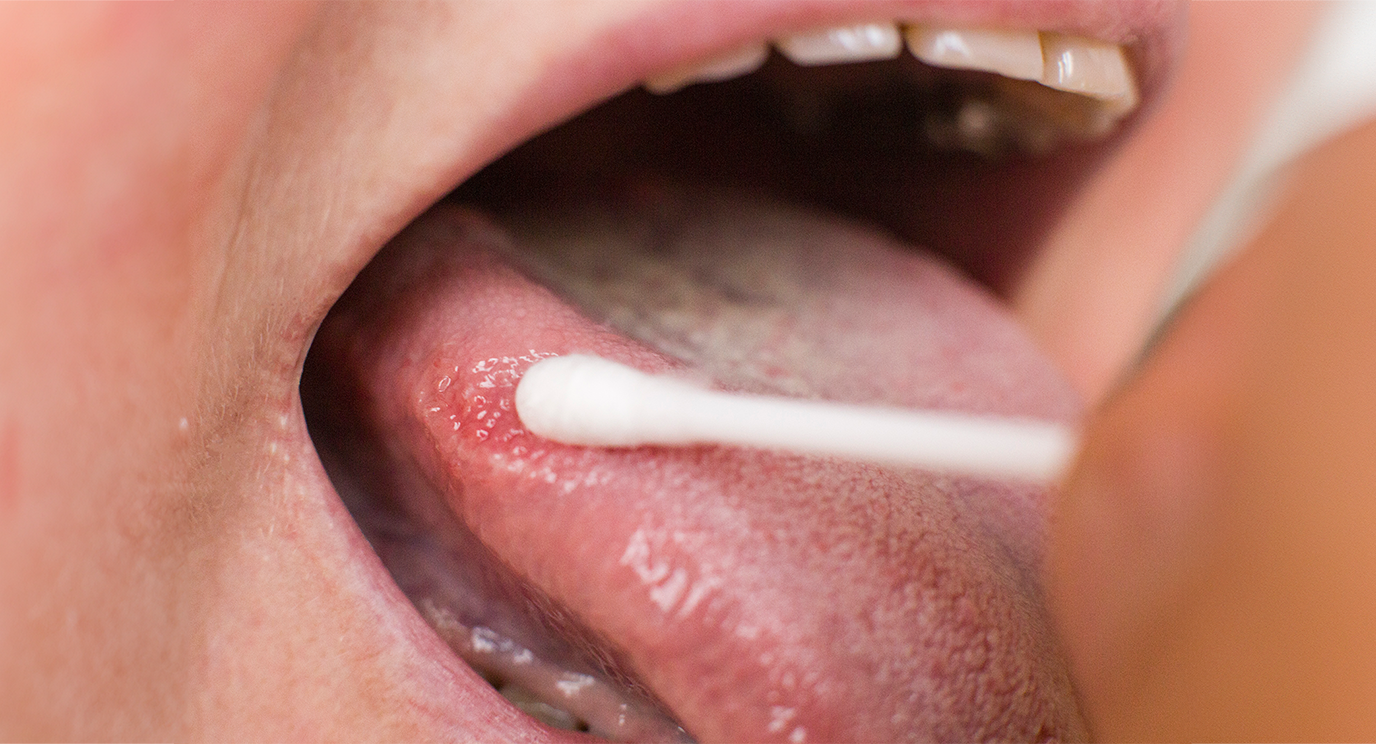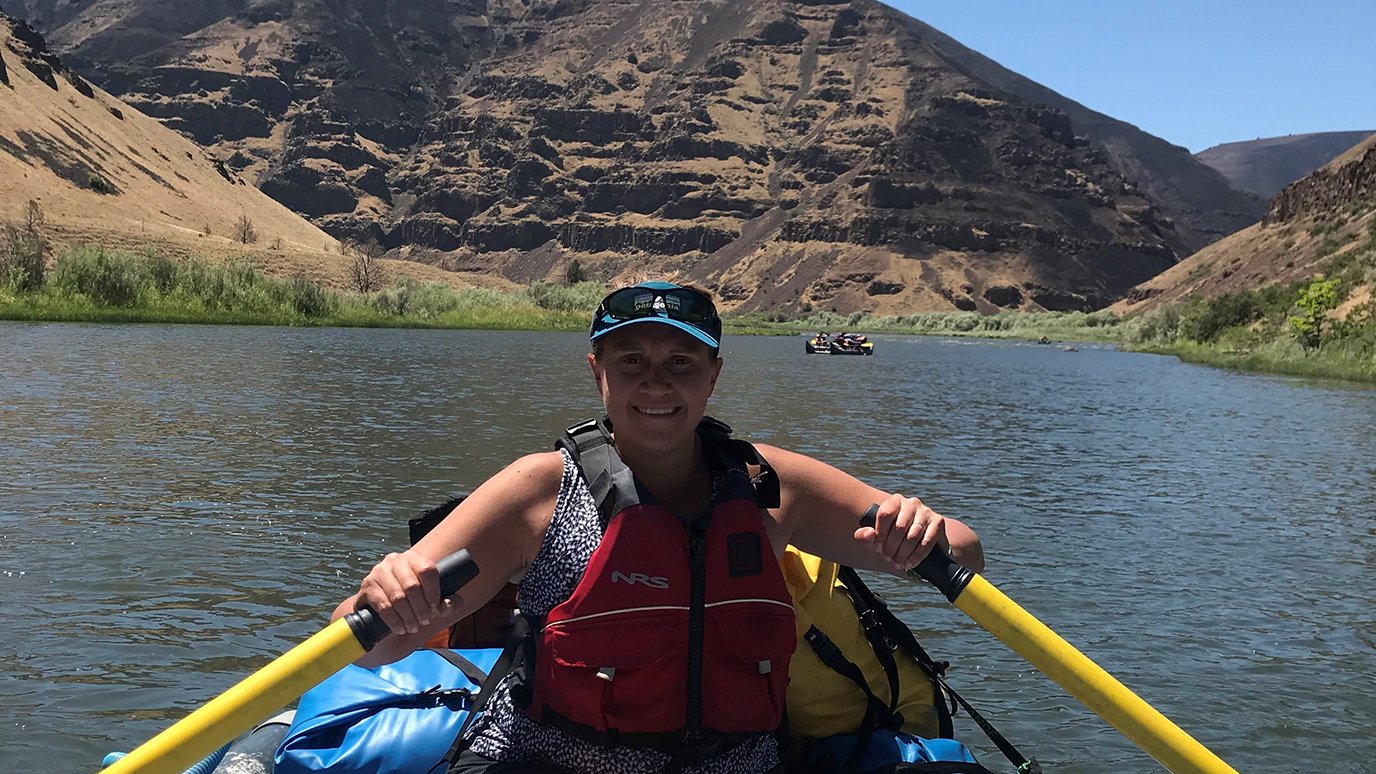- Diseases
- Acoustic Neuroma (14)
- Adrenal Gland Tumor (24)
- Anal Cancer (66)
- Anemia (2)
- Appendix Cancer (16)
- Bile Duct Cancer (26)
- Bladder Cancer (68)
- Brain Metastases (28)
- Brain Tumor (230)
- Breast Cancer (718)
- Breast Implant-Associated Anaplastic Large Cell Lymphoma (2)
- Cancer of Unknown Primary (4)
- Carcinoid Tumor (8)
- Cervical Cancer (154)
- Colon Cancer (164)
- Colorectal Cancer (110)
- Endocrine Tumor (4)
- Esophageal Cancer (42)
- Eye Cancer (36)
- Fallopian Tube Cancer (6)
- Germ Cell Tumor (4)
- Gestational Trophoblastic Disease (2)
- Head and Neck Cancer (6)
- Kidney Cancer (124)
- Leukemia (344)
- Liver Cancer (50)
- Lung Cancer (288)
- Lymphoma (284)
- Mesothelioma (14)
- Metastasis (30)
- Multiple Myeloma (98)
- Myelodysplastic Syndrome (60)
- Myeloproliferative Neoplasm (4)
- Neuroendocrine Tumors (16)
- Oral Cancer (100)
- Ovarian Cancer (170)
- Pancreatic Cancer (164)
- Parathyroid Disease (2)
- Penile Cancer (14)
- Pituitary Tumor (6)
- Prostate Cancer (144)
- Rectal Cancer (58)
- Renal Medullary Carcinoma (6)
- Salivary Gland Cancer (14)
- Sarcoma (236)
- Skin Cancer (296)
- Skull Base Tumors (56)
- Spinal Tumor (12)
- Stomach Cancer (60)
- Testicular Cancer (28)
- Throat Cancer (90)
- Thymoma (6)
- Thyroid Cancer (98)
- Tonsil Cancer (30)
- Uterine Cancer (78)
- Vaginal Cancer (14)
- Vulvar Cancer (18)
- Cancer Topic
- Adolescent and Young Adult Cancer Issues (20)
- Advance Care Planning (10)
- Biostatistics (2)
- Blood Donation (18)
- Bone Health (8)
- COVID-19 (362)
- Cancer Recurrence (120)
- Childhood Cancer Issues (120)
- Clinical Trials (626)
- Complementary Integrative Medicine (24)
- Cytogenetics (2)
- DNA Methylation (4)
- Diagnosis (230)
- Epigenetics (6)
- Fertility (64)
- Follow-up Guidelines (2)
- Health Disparities (14)
- Hereditary Cancer Syndromes (124)
- Immunology (18)
- Li-Fraumeni Syndrome (8)
- Mental Health (118)
- Molecular Diagnostics (8)
- Pain Management (62)
- Palliative Care (8)
- Pathology (10)
- Physical Therapy (18)
- Pregnancy (18)
- Prevention (898)
- Research (390)
- Second Opinion (74)
- Sexuality (16)
- Side Effects (604)
- Sleep Disorders (10)
- Stem Cell Transplantation Cellular Therapy (216)
- Support (404)
- Survivorship (322)
- Symptoms (184)
- Treatment (1774)
Tongue cancer survivor: Coming to MD Anderson saved my life
3 minute read | Published December 28, 2020
Medically Reviewed | Last reviewed by an MD Anderson Cancer Center medical professional on December 28, 2020
In January 2020, I noticed a changing spot under my tongue. My family doctor advised that I get it biopsied. The results came back negative.
But soon the spot changed in shape and size, and it became painful to eat and talk. My family doctor told me it was time to seek an opinion at MD Anderson.
My tongue cancer diagnosis and surgery
I had an appointment with head and neck surgeon Dr. Shirley Su the following week. She did another biopsy. Her suspicions were correct: it was tongue cancer -- specifically, squamous cell carcinoma of the tongue. I was shocked, devastated and scared. I had surgery in April 2020. Dr. Su performed a tracheostomy, glossectomy and lymphadenectomy. These procedures were done to remove all of the cancer from my tongue. Dr. Edward Chang performed a flap procedure which moved a calf muscle to my tongue. I felt at ease getting treatment during the COVID-19 pandemic because MD Anderson took every precaution to keep their patients and staff safe.
In June, after I’d recovered from surgery, I started 30 rounds of radiation therapy as a precaution, just in case there were any cancer cells left after the surgery.
Finding care and compassion during radiation therapy
The thought of radiation treatments brought me anxiety. But thanks to a lot of encouragement from the staff in the room with me, I made it through the radiation simulation. I still feared the additional upcoming radiation appointments. But my radiation oncologist, Dr. Adam Garden, prescribed medicine to help me relax during treatment.
My radiation therapists, Karen Mendoza and Dana Fullen, explained exactly what would happen. I got to choose music to listen to during the treatment, which helped. Even though I shed a few tears at the beginning, the technicians were able to get me situated in my mask and ready for treatment.
As they started the music and the treatment began, an overwhelming sense of peace came over me. I felt that it was a combination of prayers and the staff’s calming nature.
I had daily treatments for six weeks. My radiation therapists scheduled my appointments to accommodate my schedule. So, I appreciated being able to adjust my treatment times when things came up with work or my children. My husband and I drove an hour and a half each way from our home in Sour Lake, Texas to each treatment.
Keeping things in perspective during and after tongue cancer treatment
If you or a loved one has recently been diagnosed with cancer, know this: what you’re going through is a journey, not a sprint. The healing will come, but it is a process to get there. It is OK to have bad days and feel down but let that feeling go and don’t dwell on it.
Even though this has been hard, I know there is a purpose behind my experience. I am thankful for the doctors, nurses, radiation therapists and everyone that I have met along the way. It has been an opportunity to build new relationships.
Since I completed radiation therapy on July 10, my perspective on life has changed. The things I used to look at as a big deal don’t matter to me as much anymore. Throughout my cancer treatment, I knew there was no other way out but to fight through it -- for my family, my kids, my support system and for me.
Request an appointment at MD Anderson online or by calling 1-866-413-1918
Related Cancerwise Stories

The healing will come, but it is a process to get there.
Shelley Varnado
Survivor

